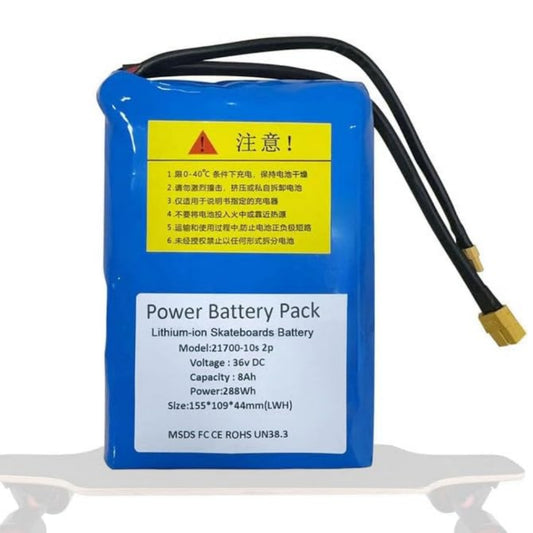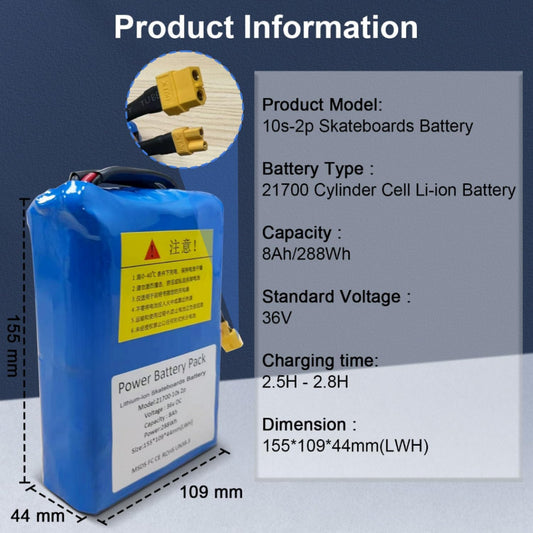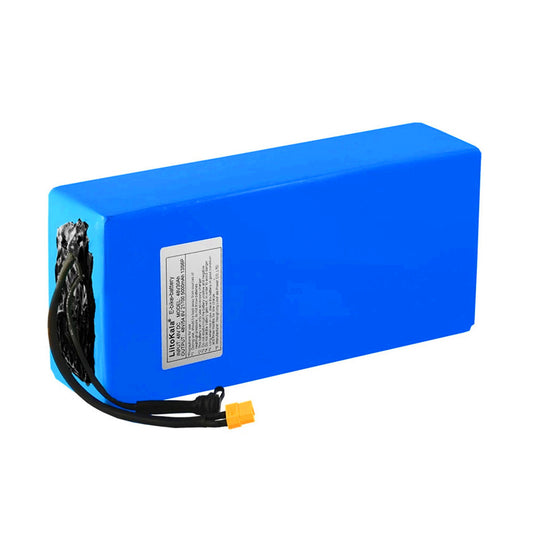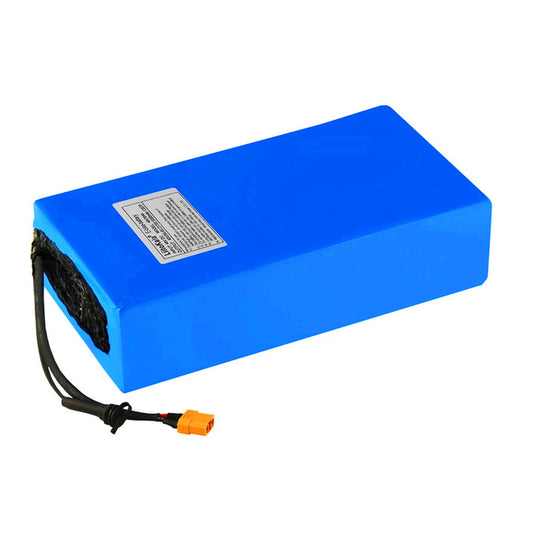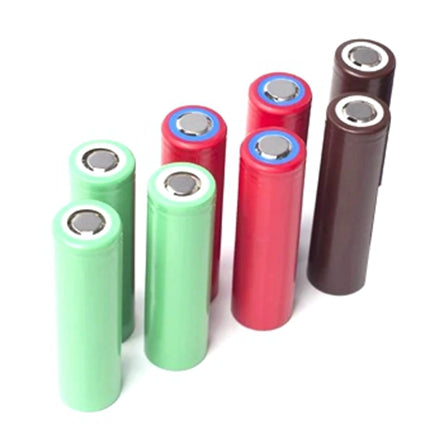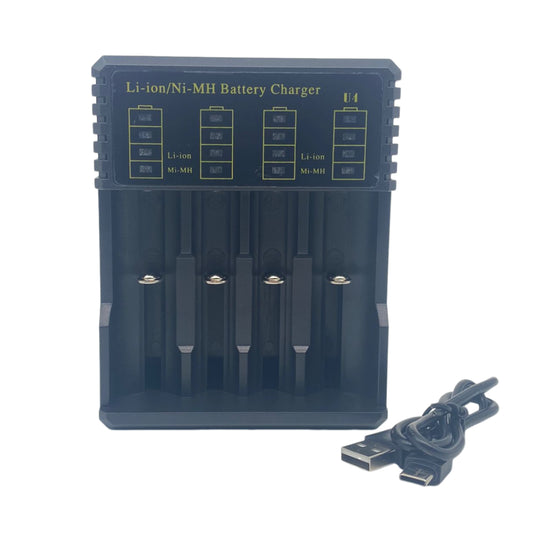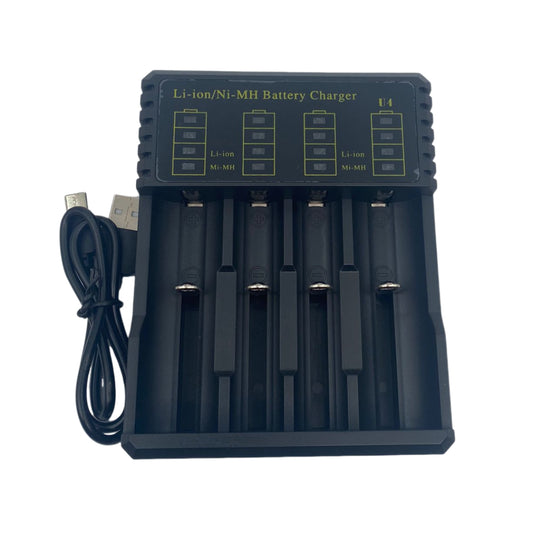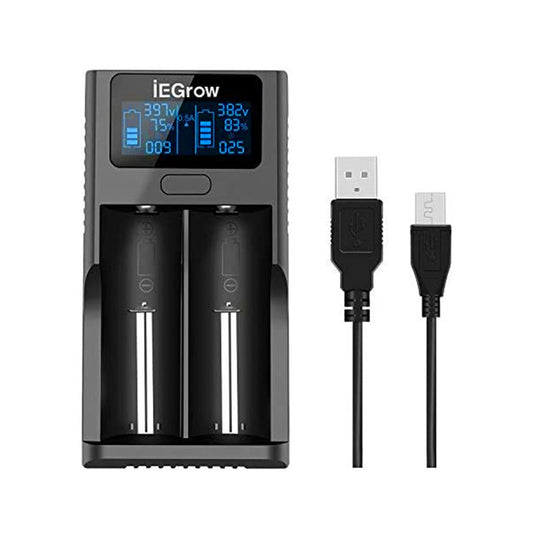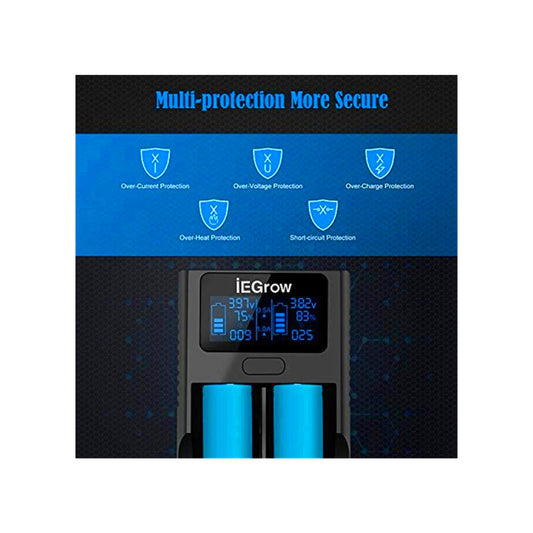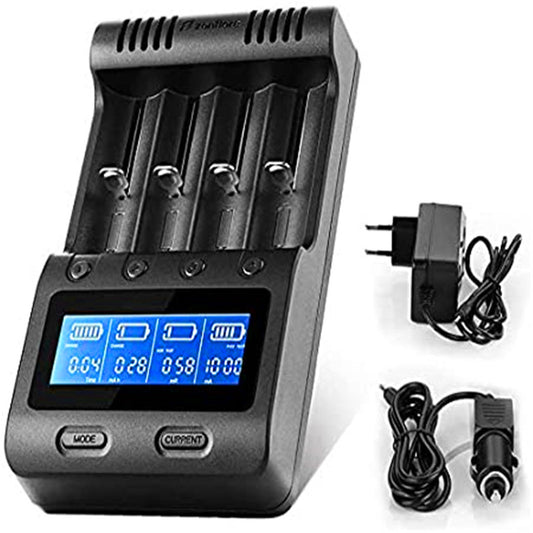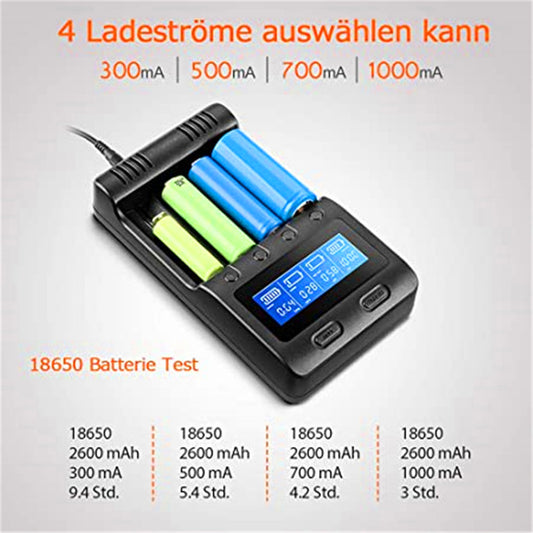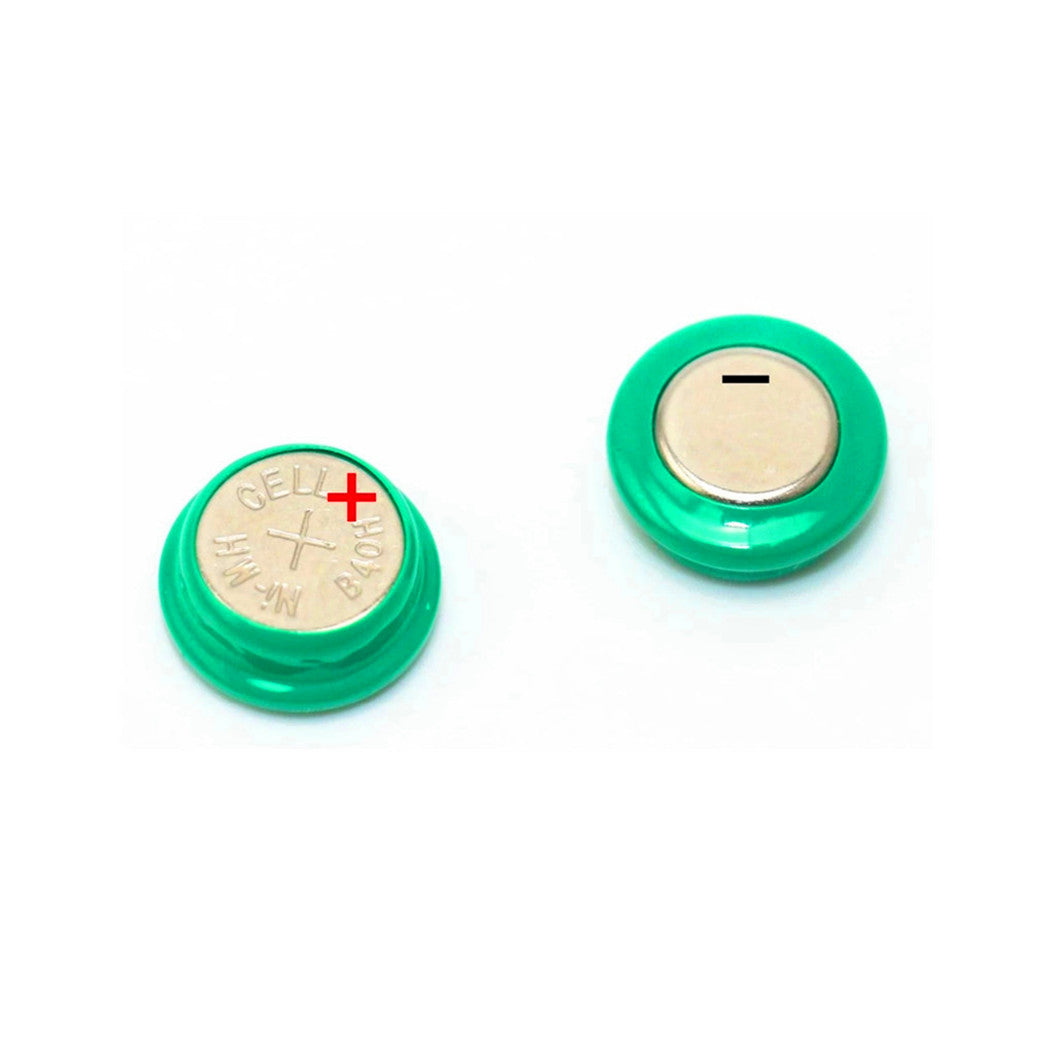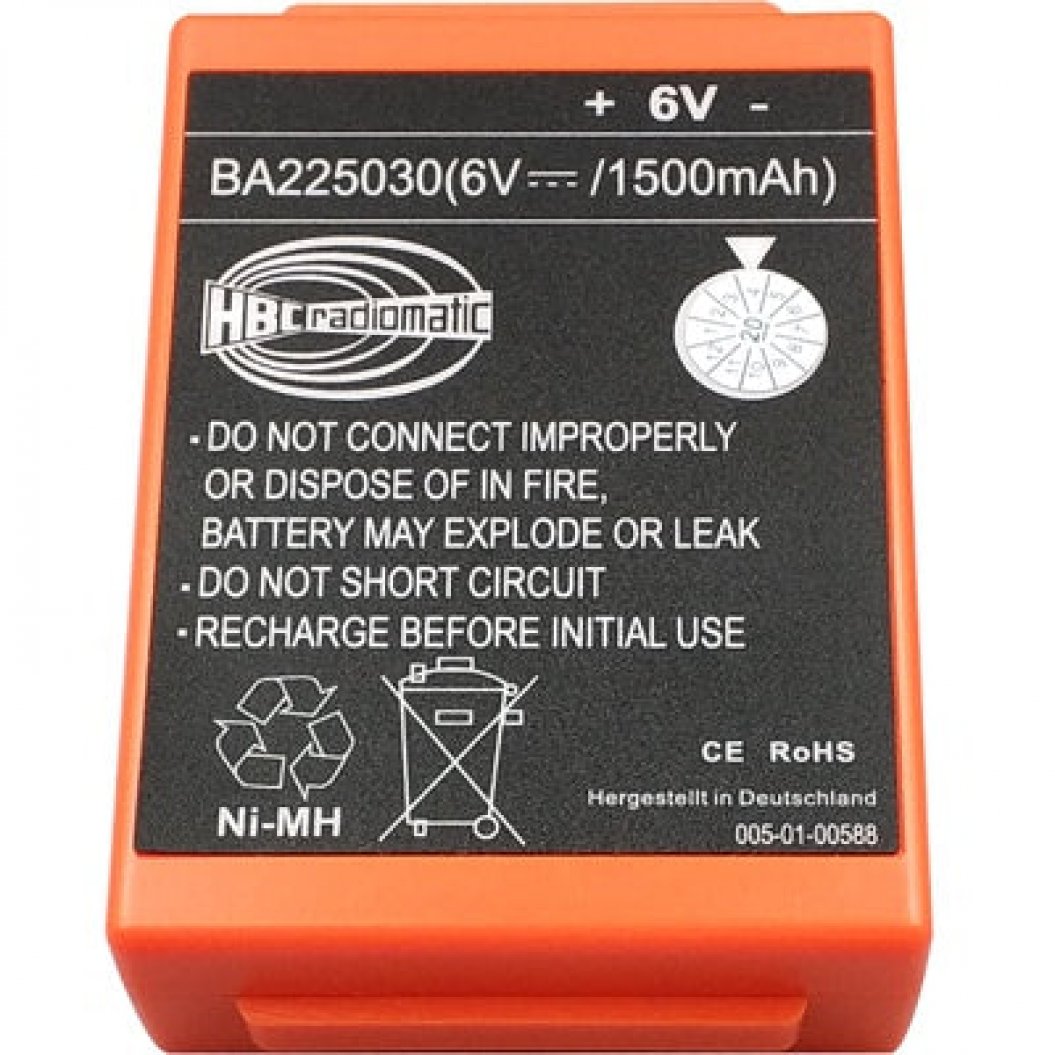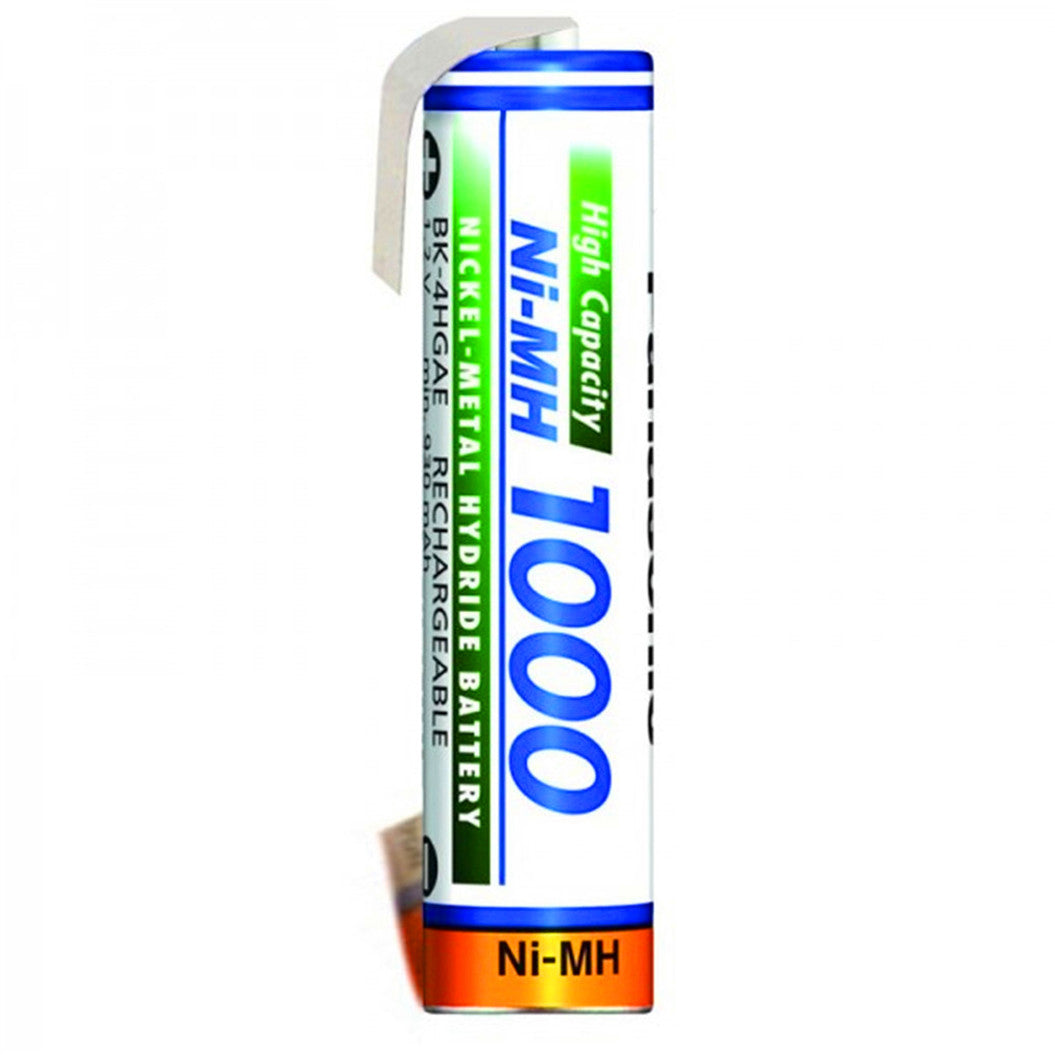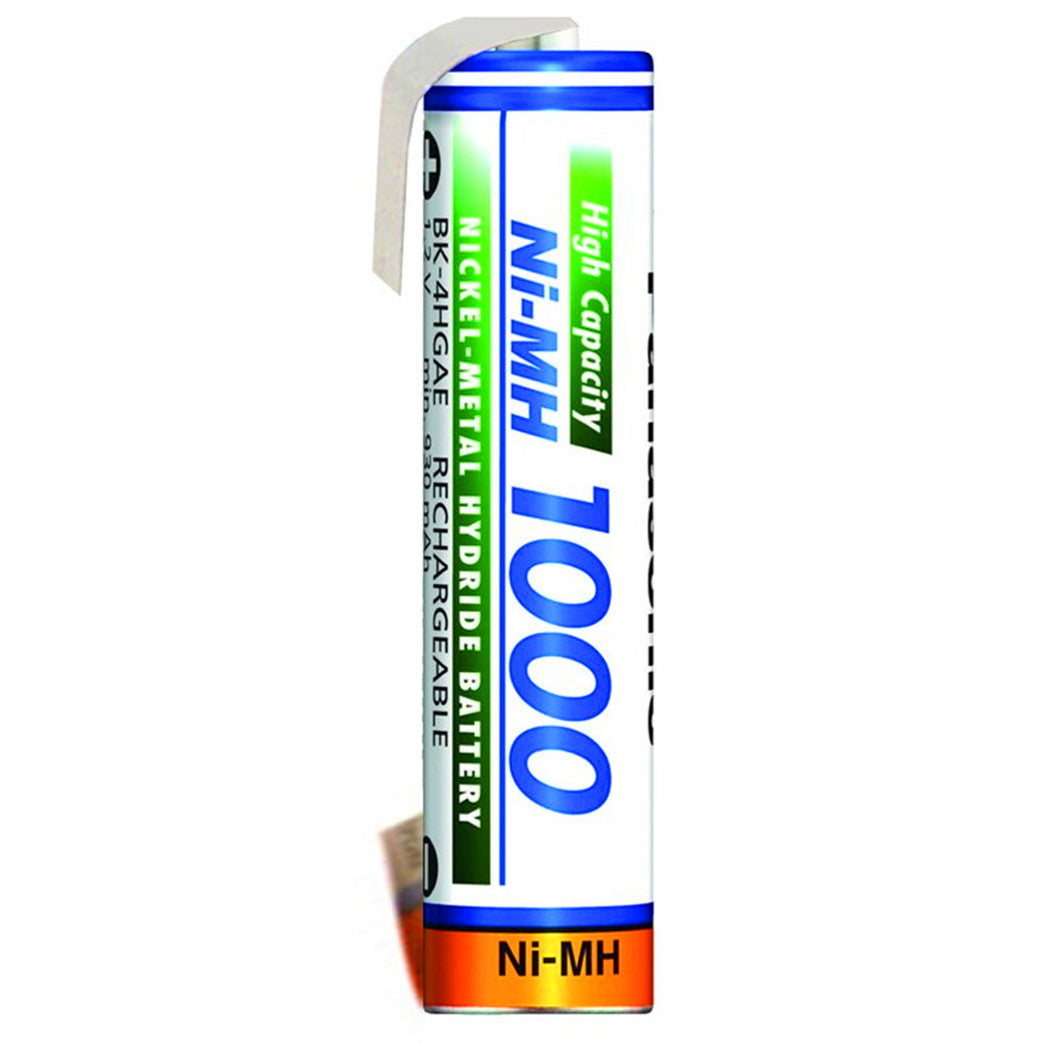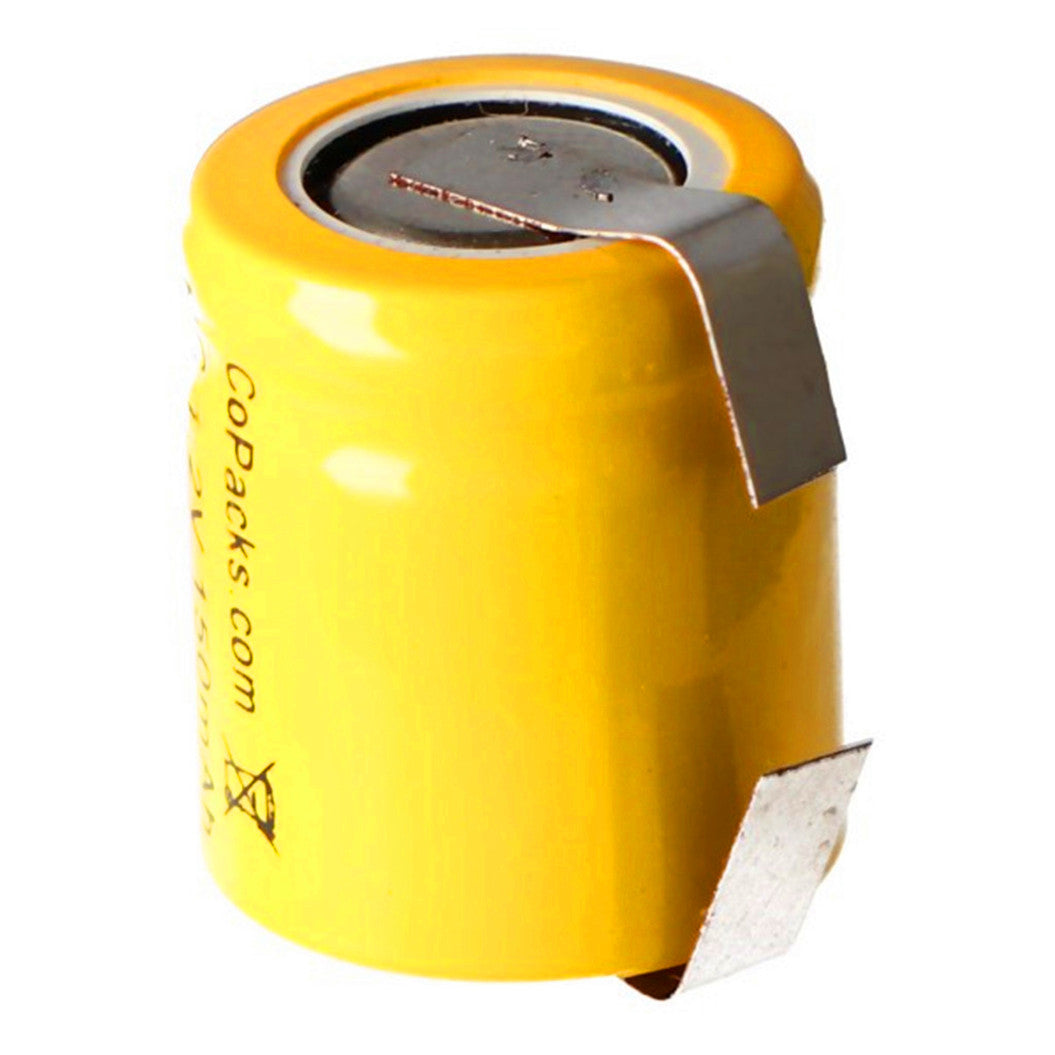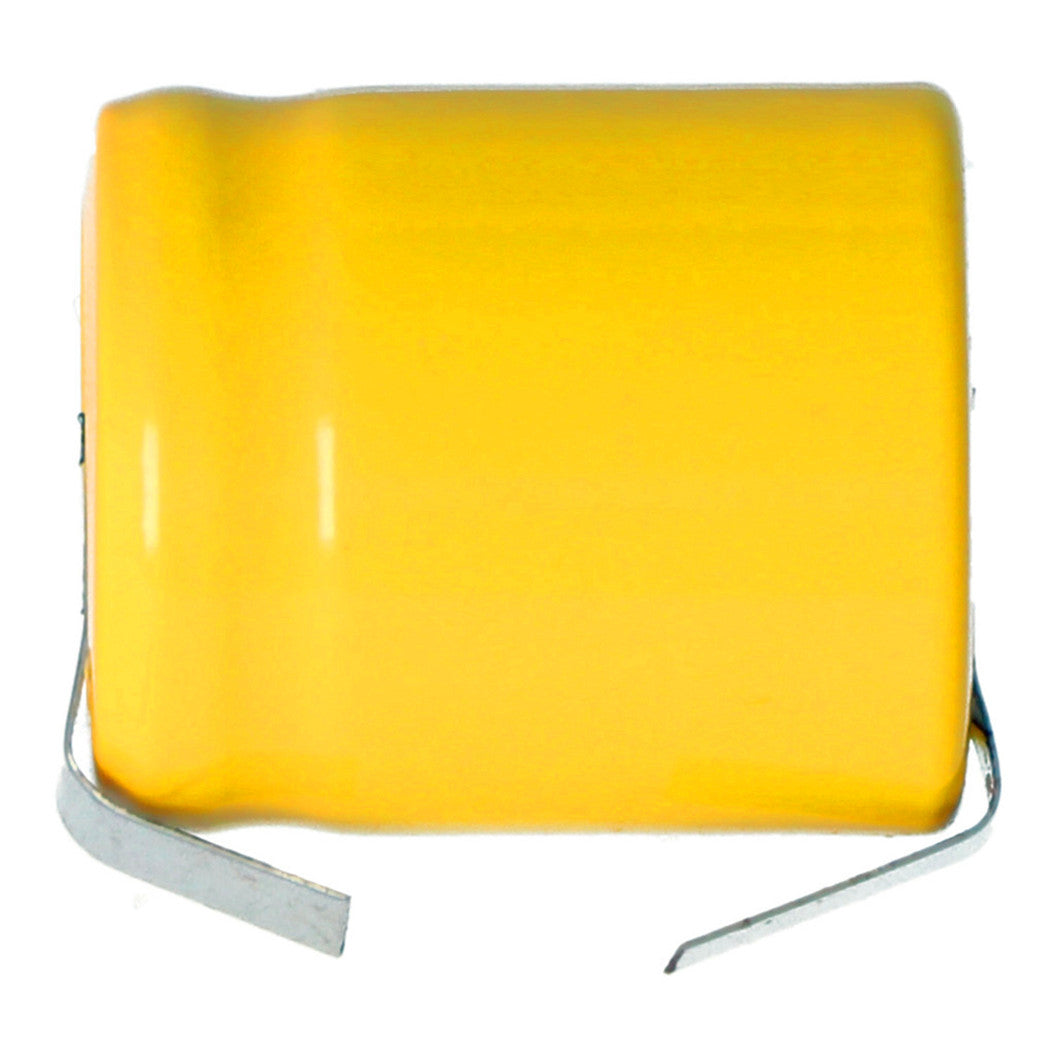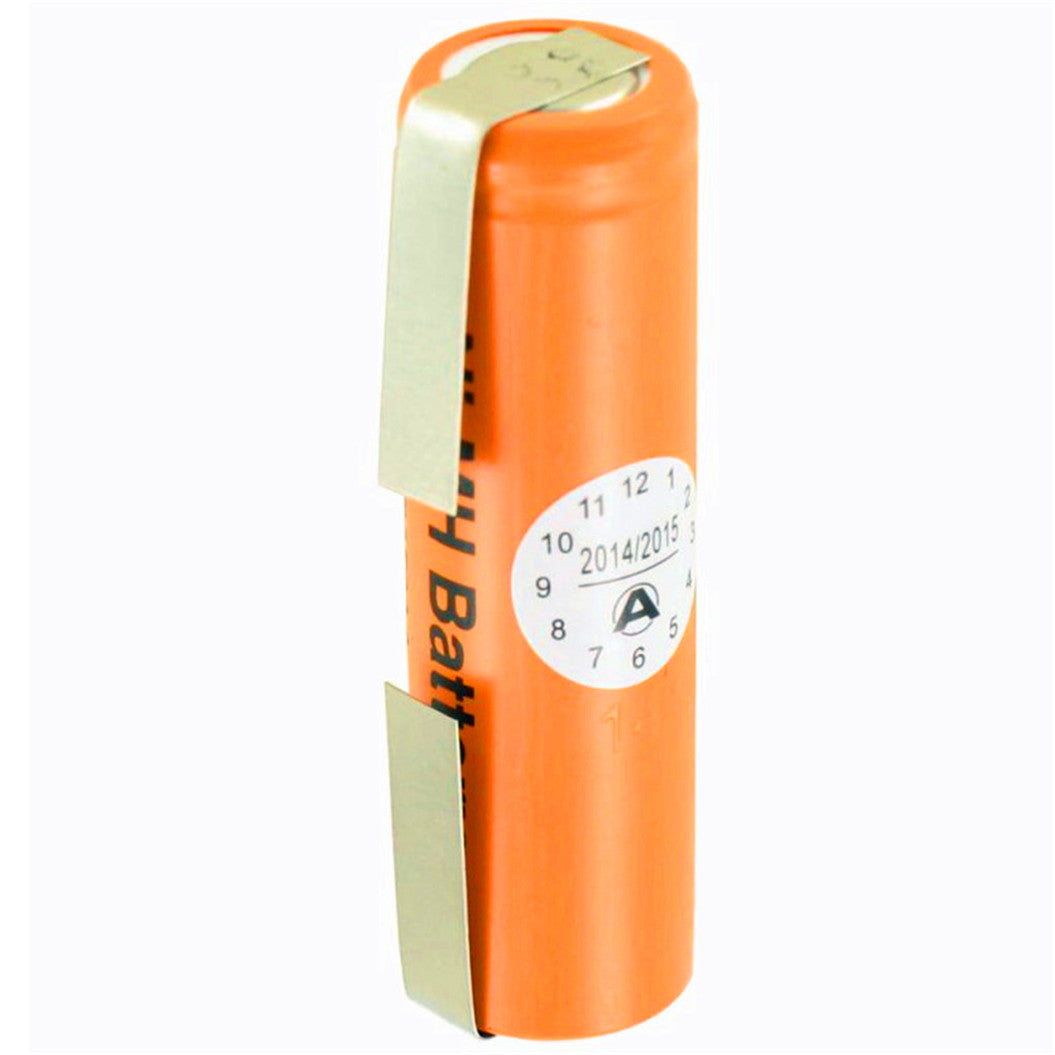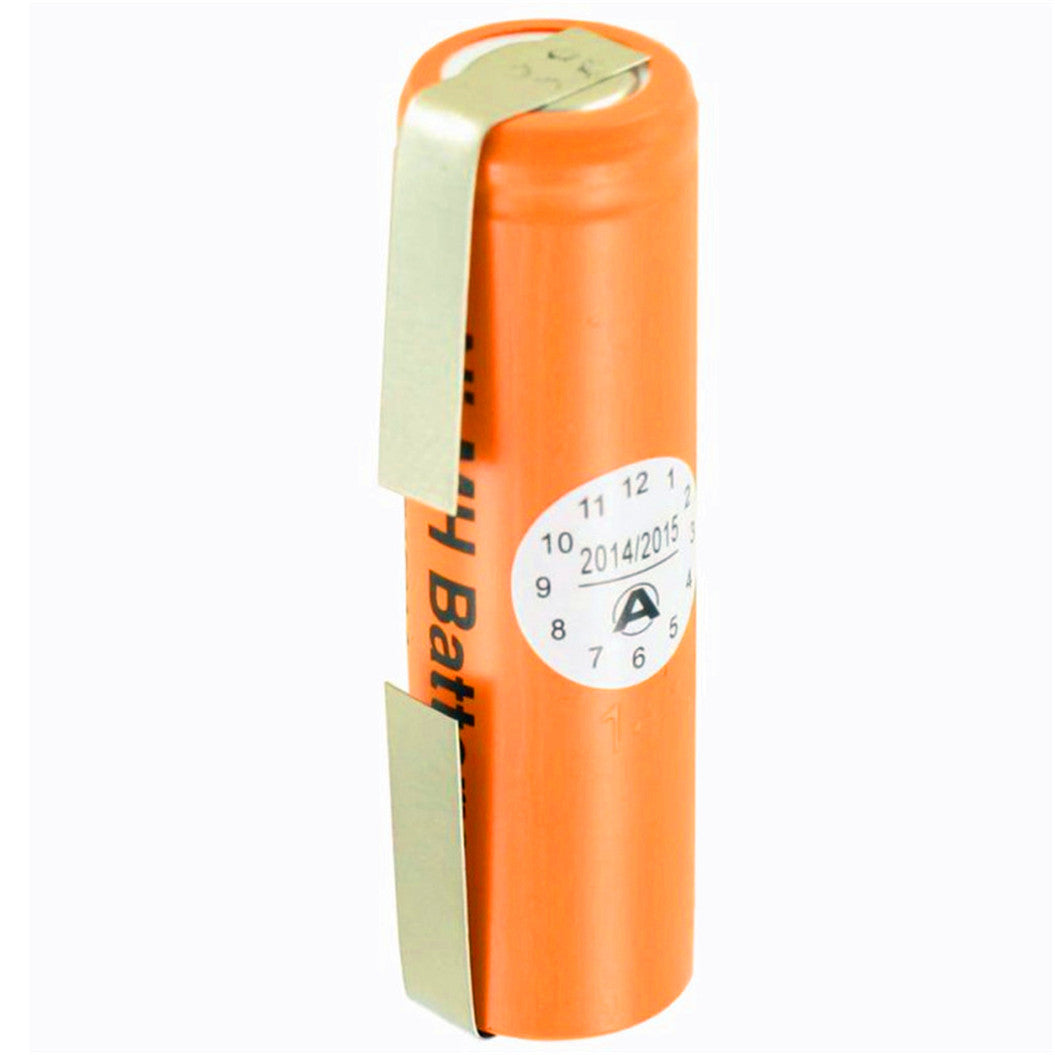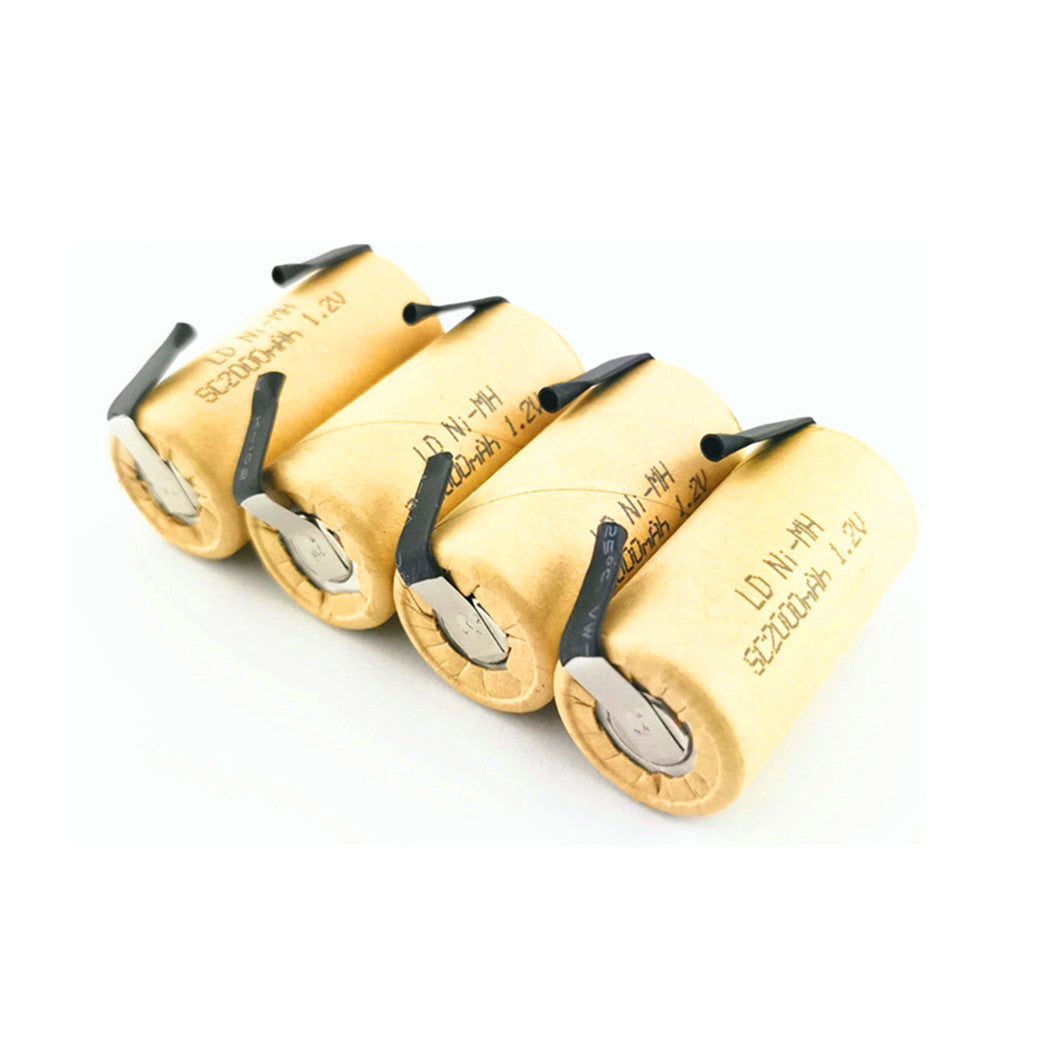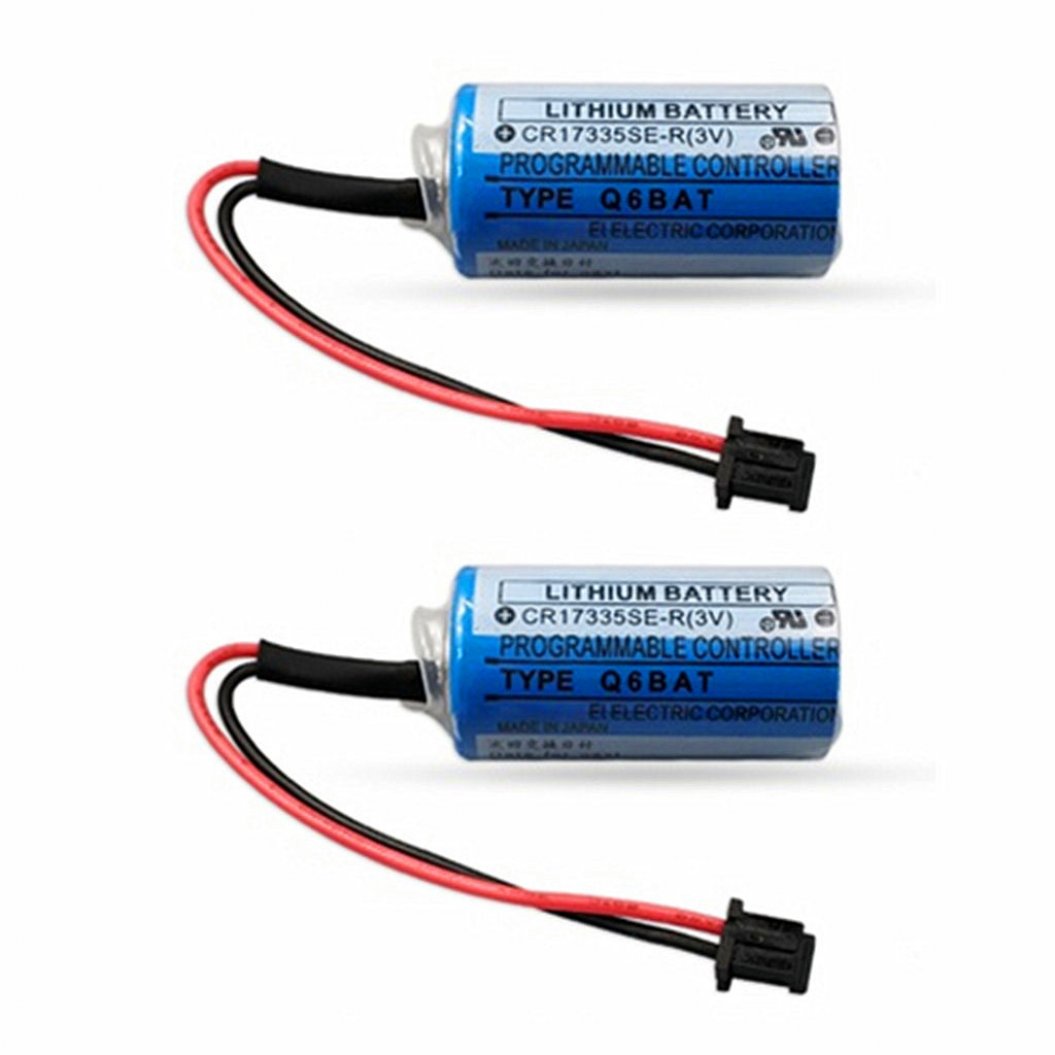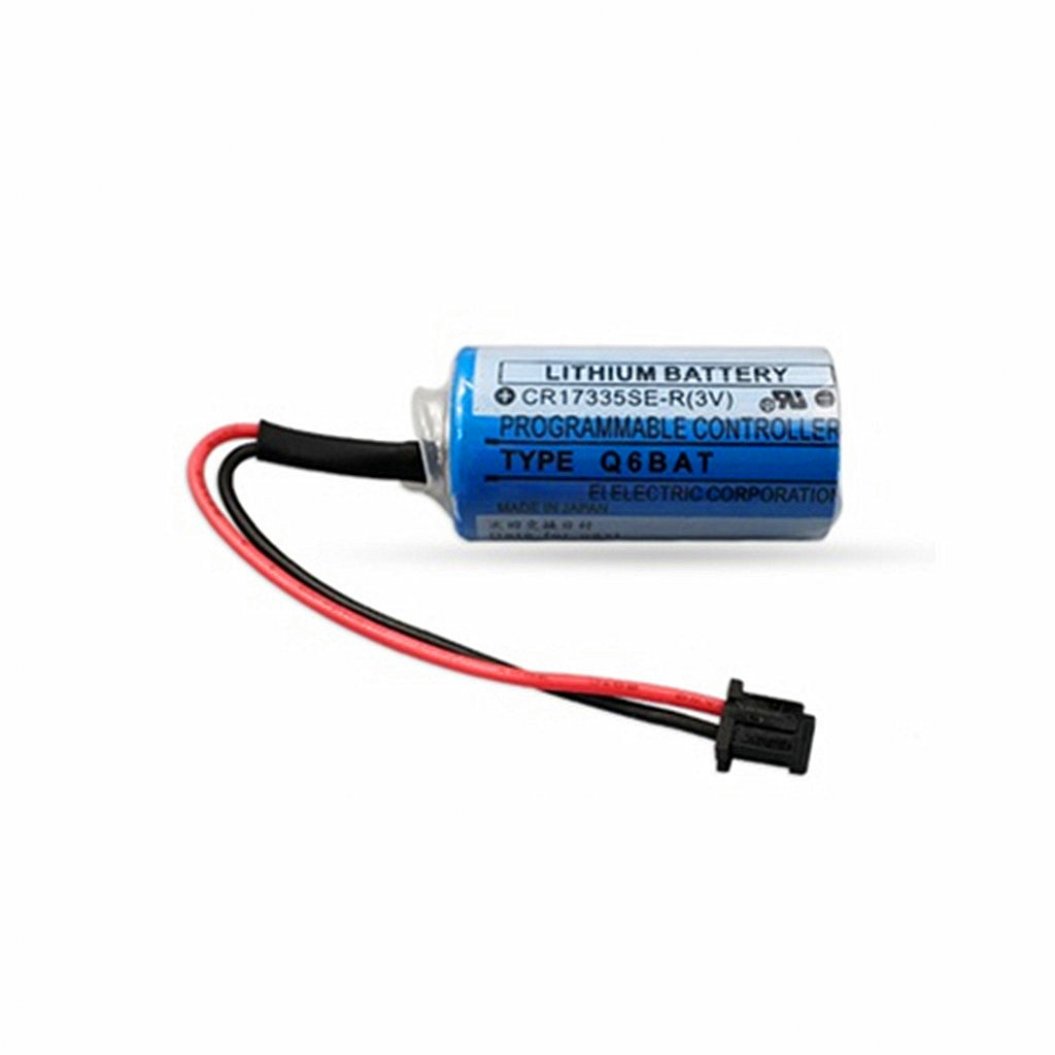-
Fornecedor:BATTERYINT
2 Peças de Baterias Button NiMH 1.2V 40mAh para Lâmpadas de Jardim Solar
- Preço normal
- $8.34
- Preço normal
-
- Preço de saldo
- $8.34
- Preço unitário
- por
2 Peças de Baterias Button ... -
Fornecedor:BATTERYINT
1500mAh Sany Zhonglian Xugong Foton Konecranes Pump Crane HBC Remote Control Battery BA225030
- Preço normal
- $20.99
- Preço normal
-
- Preço de saldo
- $20.99
- Preço unitário
- por
1500mAh Sany Zhonglian Xugo... -
Fornecedor:BATTERYINT
Bateria Ni-MH 1.2V 930mAh AAA para dispositivos de alta potência
- Preço normal
- $10.73
- Preço normal
-
- Preço de saldo
- $10.73
- Preço unitário
- por
Bateria Ni-MH 1.2V 930mAh A... -
Fornecedor:BATTERYINT
Pilha 1.2V 150mAh NiCd 1/3 AA para Theben TR611S, TR611, TR 611 S
- Preço normal
- $10.59
- Preço normal
-
- Preço de saldo
- $10.59
- Preço unitário
- por
Bateria NiCd 1.2V 150mAh 1/... -
Fornecedor:BATTERYINT
1.2V 1500mAh HHR-150AAF9 NiMH em forma de U com etiqueta de soldadura
- Preço normal
- $14.80
- Preço normal
-
- Preço de saldo
- $14.80
- Preço unitário
- por
Bateria Ni-MH 1.2V 1500mAh ... -
Fornecedor:BATTERYINT
10 peças ni-mh 1.2v sc 2000mah ni mh ferramenta de alto desempenho taxa de descarga da célula da bateria 10c célula da bateria diy nicke
- Preço normal
- $28.40
- Preço normal
-
- Preço de saldo
- $28.40
- Preço unitário
- por
10 Peças de Células de Bate... -
Fornecedor:batteryzone-int
2PCS Nova Bateria CR17335SE-R 3V Q6BAT Mitsubishi Q Series Server PLC Bateria de Lítio GT15-BAT
- Preço normal
- $8.99
- Preço normal
-
- Preço de saldo
- $8.99
- Preço unitário
- por
2PCS Nova Bateria CR17335SE...
Showing 73 -79 of 79 items
1. What Is an Industrial Battery?
An industrial battery is a power storage device used in large equipment and industrial applications. These batteries are designed to provide long-lasting energy to support heavy machinery, emergency power systems, and other high-demand equipment.
Unlike common consumer batteries, industrial batteries offer greater capacity and longer life. They typically use lead-acid, nickel-cadmium, or lithium-ion technology to accommodate different environmental and operational requirements.
Unlike common consumer batteries, industrial batteries offer greater capacity and longer life. They typically use lead-acid, nickel-cadmium, or lithium-ion technology to accommodate different environmental and operational requirements.
2. Is There a Difference Between Industrial Batteries and Regular Batteries?
There are several key differences between industrial and conventional batteries. Firstly, industrial batteries, such as industrial lithium batteries, typically have a larger size and capacity. Second, they are more durable and reliable than conventional batteries, and able to withstand extreme environments and frequent charge/discharge cycles.
Additionally, industrial batteries are designed and materials selected to meet the stringent requirements of specific industrial applications, whereas conventional batteries are more commonly used in everyday consumer electronics.
Additionally, industrial batteries are designed and materials selected to meet the stringent requirements of specific industrial applications, whereas conventional batteries are more commonly used in everyday consumer electronics.
3. Do Industrial Batteries Last Longer?
Yes, industrial batteries, including industrial AA batteries, typically last longer than conventional batteries. This is because industrial batteries use more durable materials designed to handle continuous operation and heavy loads.
As a result, industrial batteries tend to be superior in terms of durability and affordability over the long term, despite their higher initial cost.
As a result, industrial batteries tend to be superior in terms of durability and affordability over the long term, despite their higher initial cost.
4. How Many Times Can an Industrial Battery Be Recharged?
The number of charge/discharge cycles for industrial batteries depends largely on the battery type.
For example, industrial lithium batteries can perform about 500 to 1,500 charge/discharge cycles, while nickel-cadmium batteries can usually withstand about 500 to 1,000 cycles.
Lithium-iron-phosphorus (LiFePO4) batteries perform even better in terms of charge/discharge performance, reaching 2,000 to 5,000 cycles.
For example, industrial lithium batteries can perform about 500 to 1,500 charge/discharge cycles, while nickel-cadmium batteries can usually withstand about 500 to 1,000 cycles.
Lithium-iron-phosphorus (LiFePO4) batteries perform even better in terms of charge/discharge performance, reaching 2,000 to 5,000 cycles.
5. How Do You Charge an Industrial Battery?
To properly charge an industrial battery, you can follow these steps:
- Ensure that the charger used is matched to the type of industrial battery. Keep the voltage and current settings of the charger meet the specifications of the industrial battery packs.
- Adhere to the manufacturer's instructions during the charging process. Avoid risks such as overcharging which can damage the industrial batteries.
- Regularly check the condition of both the battery and the charger. This ensures that the charging process is efficient and safe.
- Ensure that the charger used is matched to the type of industrial battery. Keep the voltage and current settings of the charger meet the specifications of the industrial battery packs.
- Adhere to the manufacturer's instructions during the charging process. Avoid risks such as overcharging which can damage the industrial batteries.
- Regularly check the condition of both the battery and the charger. This ensures that the charging process is efficient and safe.
6. How Do You Store Industrial Battery?
If you are not using industrial batteries, you can store them in these ways:
- Industrial batteries should be stored in a dry, well-ventilated environment. They must be protected from temperature extremes and direct sunlight to prevent damage.
- Charge industrial battery packs to the recommended state before storage, typically maintaining a 50 to 80 percent charge level. This helps prevent over-discharge and prolongs the battery life.
- It is crucial to regularly check the battery’s charge level and overall health. This ensures the battery will continue to perform well when put back into service.
- Industrial batteries should be stored in a dry, well-ventilated environment. They must be protected from temperature extremes and direct sunlight to prevent damage.
- Charge industrial battery packs to the recommended state before storage, typically maintaining a 50 to 80 percent charge level. This helps prevent over-discharge and prolongs the battery life.
- It is crucial to regularly check the battery’s charge level and overall health. This ensures the battery will continue to perform well when put back into service.
7. Can Industrial Batteries Be Customised?
Yes, industrial batteries, including industrial aa batteries, can be customized to meet specific needs. We typically offer a variety of configuration options, including battery size, shape, voltage, capacity, and connection methods to suit different industrial applications and equipment needs.
Additionally, customers can choose a specific battery technology, such as lead-acid, nickel-cadmium, or lithium-ion, to meet specific size, performance, and durability requirements.
Additionally, customers can choose a specific battery technology, such as lead-acid, nickel-cadmium, or lithium-ion, to meet specific size, performance, and durability requirements.


